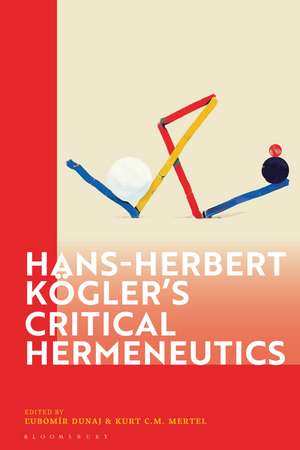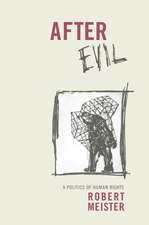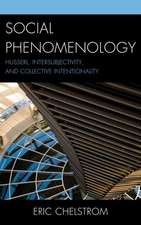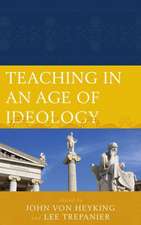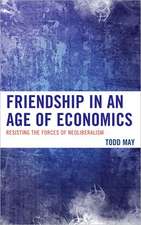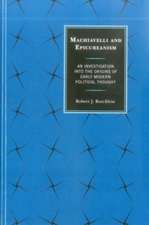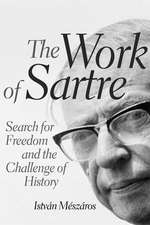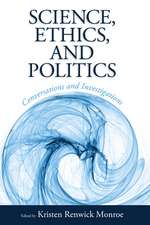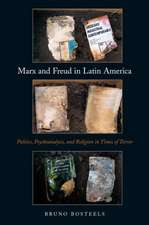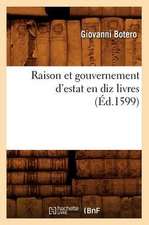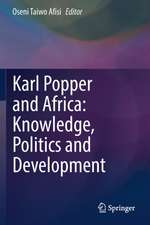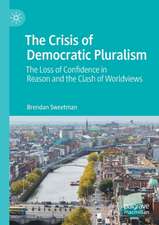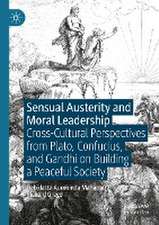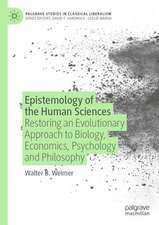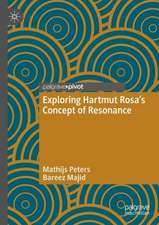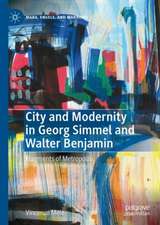Hans-Herbert Kögler’s Critical Hermeneutics
Editat de Assistant Professor Kurt C. M. Mertel, Assistant Professor L'ubomír Dunajen Limba Engleză Paperback – 27 dec 2023
| Toate formatele și edițiile | Preț | Express |
|---|---|---|
| Paperback (1) | 193.36 lei 6-8 săpt. | |
| Bloomsbury Publishing – 27 dec 2023 | 193.36 lei 6-8 săpt. | |
| Hardback (1) | 541.61 lei 6-8 săpt. | +117.26 lei 4-10 zile |
| Bloomsbury Publishing – 29 iun 2022 | 541.61 lei 6-8 săpt. | +117.26 lei 4-10 zile |
Preț: 193.36 lei
Nou
Puncte Express: 290
Preț estimativ în valută:
37.00€ • 38.40$ • 30.93£
37.00€ • 38.40$ • 30.93£
Carte tipărită la comandă
Livrare economică 17-31 martie
Preluare comenzi: 021 569.72.76
Specificații
ISBN-13: 9781350228672
ISBN-10: 1350228672
Pagini: 312
Dimensiuni: 156 x 234 x 25 mm
Greutate: 0.44 kg
Editura: Bloomsbury Publishing
Colecția Bloomsbury Academic
Locul publicării:London, United Kingdom
ISBN-10: 1350228672
Pagini: 312
Dimensiuni: 156 x 234 x 25 mm
Greutate: 0.44 kg
Editura: Bloomsbury Publishing
Colecția Bloomsbury Academic
Locul publicării:London, United Kingdom
Caracteristici
Sheds important light on some of the most pressing social, moral, and political problems facing the world today, from multilingual education to racism and the need for interreligious and intercultural dialogues
Notă biografică
L'ubomír Dunaj is Assistant Professor of Philosophy at the University of Vienna, Austria. Kurt C. M. Mertel is Assistant Professor of Philosophy at the American University of Sharjah, United Arab Emirates.
Cuprins
Preface Introduction, L'ubomír Dunaj & Kurt C. M. Mertel Part I: Critical Hermeneutics as Social Theory1. The Case for a Critical Hermeneutics: From the Understanding of Power to the Power of Understanding, Simon Susen (City University of London, UK)2. Power, the Body and Reflexivity: Hans-Herbert Kögler's Hermeneutics in the Con-text of Critical Sociology, Rainer Winter (Alpen-Adria-Universität Klagenfurt, Austria) 3. Naturalizing Kögler, Stephen Turner (University of South Florida, USA) Part II: Recognition, Cosmopolitanism, Religion4. The Moral Stance, Our Moralizing Nature, and the Hermeneutic and Empathic Dimension of Human Relations, Karsten Stueber (College of the Holy Cross, USA)5. Dialogue, Cosmopolitanism and Language Education, Werner Delanoy(Alpen-Adria, University, Klagenfurt, Austria)6. Secularity, Religion, and Dialogue: Rethinking the Conditions of the Possibility for Genuine Complementary Learning, Paul Healy (Swinburne University of Technology, Australia)7. The Limits of Interreligious Hermeneutics and the Need for Alternative Understanding, John Maraldo (University of North Florida, USA) Part III: Towards a Critical Hermeneutics of the Present8. Sociology, the Studies, and the Ontology of the Present, Frédéric Vandenberghe (Federal University of Rio de Janeiro) 9. Cherche pas à Comprendre: Cosmopolitan Hermeneutics in Difficult Times, William Outhwaite (Newcastle University, UK) 10. Playing more seriously: an enactivist critique of Kögler's critically reflexive dialogue, Lauren Barthold (Endicott College, USA)11. Dialogue in a polarized world - is there a way out?, Randi Gressgård (University of Bergen, Norway) Conclusion and Response Social Ontology, Dialogic Recognition, and Contemporary Challenges: A Reply, Hans-Herbert Kögler (University of North Florida, USA) List of Contributors Index
Recenzii
Leading philosophers, social researchers and cultural theorists are contributing to this great book on Hans-Herbert Kögler's much noticed Critical Hermeneutics. Kögler has invented Critical Hermeneutics as an outstanding progression of the Frankfurt school's critical theory that is fruitful for research programs and challenging for political praxis. The volume impressively documents the international scale, impact and critique of this promising and singular mix of social philosophy, social research and social criticism. A must-read.
For decades now, Hans-Herbert Kögler's work has enriched and expanded our understanding of Critical Theory. Reopening the dialogue with the hermeneutical tradition, integrating the insights of Michel Foucault and taking cosmopolitanism seriously as a political and philosophical commitment were decisive moments in a theoretical development that has given us a sense how a critical social theory of the present might look like. In this fine volume, a group of prominent commentators and interlocutors offer readings, dialogues and, of course, critique to which Kögler responds generously. This is a welcome occasion to witness critical thinking in action.
The best measure of a body of thought is often given by the work to which it gives rise. This is especially true of the thought of Hans-Herbert Kögler and is well-demonstrated by Kurt Mertel and Lubomír Dunaj's excellent collection of essays on Kögler's Critical Hermeneutics. The volume not only makes a valuable contribution to the critical and hermeneutic literature, and to the discussion of a range of important and challenging issues, but it is also a testament to the contemporary significance of Kögler's work and its synthesizing and innovative character.
For decades now, Hans-Herbert Kögler's work has enriched and expanded our understanding of Critical Theory. Reopening the dialogue with the hermeneutical tradition, integrating the insights of Michel Foucault and taking cosmopolitanism seriously as a political and philosophical commitment were decisive moments in a theoretical development that has given us a sense how a critical social theory of the present might look like. In this fine volume, a group of prominent commentators and interlocutors offer readings, dialogues and, of course, critique to which Kögler responds generously. This is a welcome occasion to witness critical thinking in action.
The best measure of a body of thought is often given by the work to which it gives rise. This is especially true of the thought of Hans-Herbert Kögler and is well-demonstrated by Kurt Mertel and Lubomír Dunaj's excellent collection of essays on Kögler's Critical Hermeneutics. The volume not only makes a valuable contribution to the critical and hermeneutic literature, and to the discussion of a range of important and challenging issues, but it is also a testament to the contemporary significance of Kögler's work and its synthesizing and innovative character.
